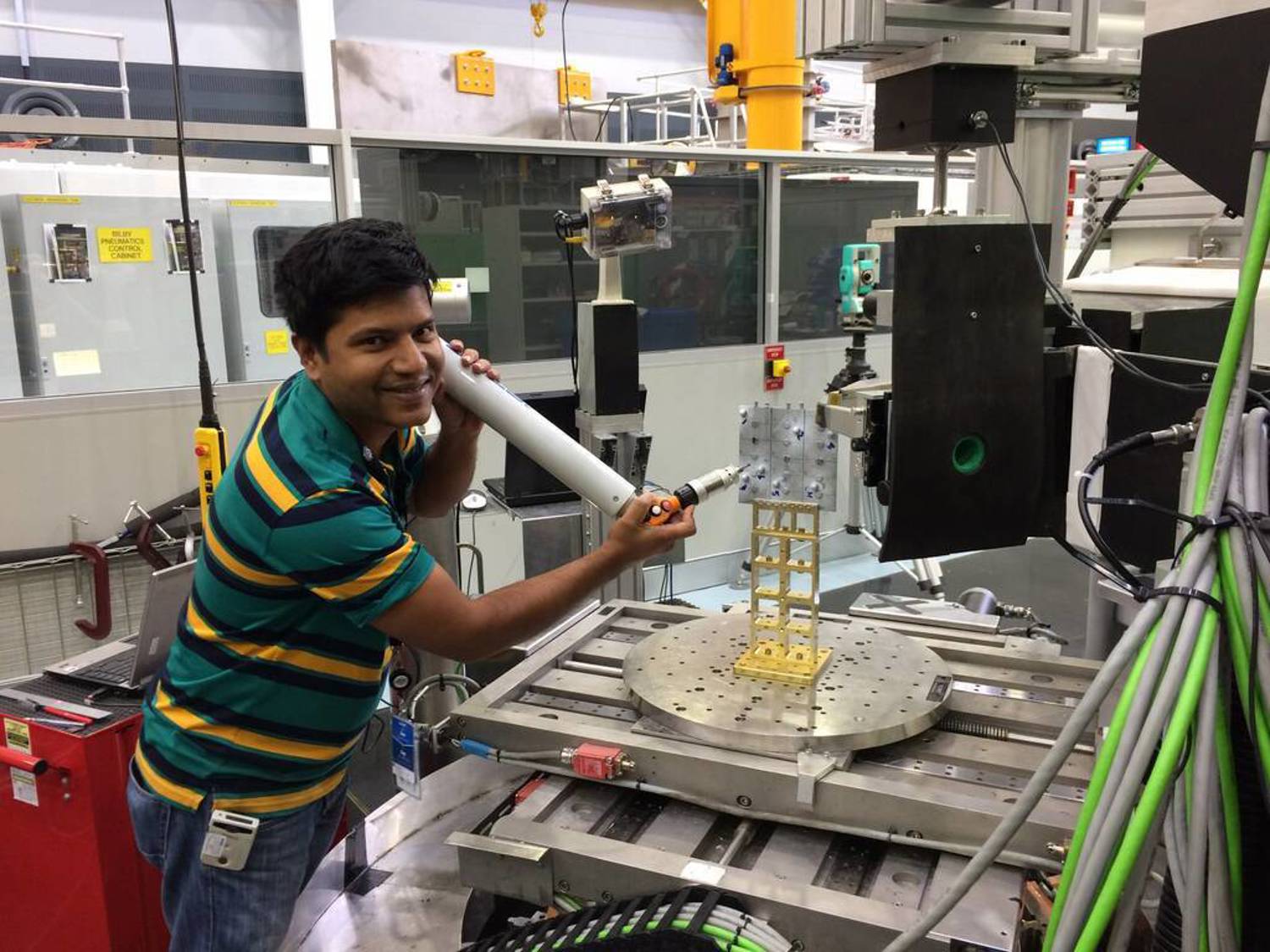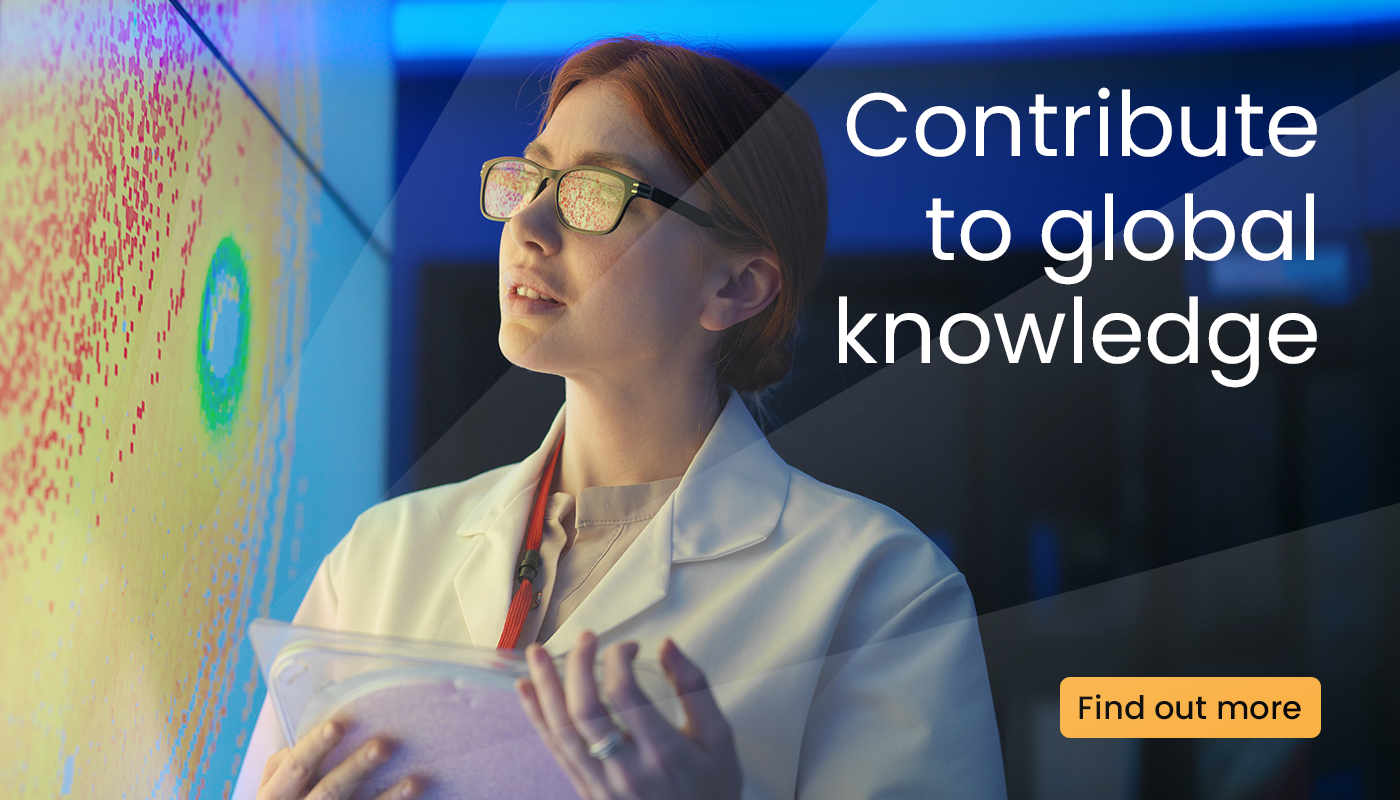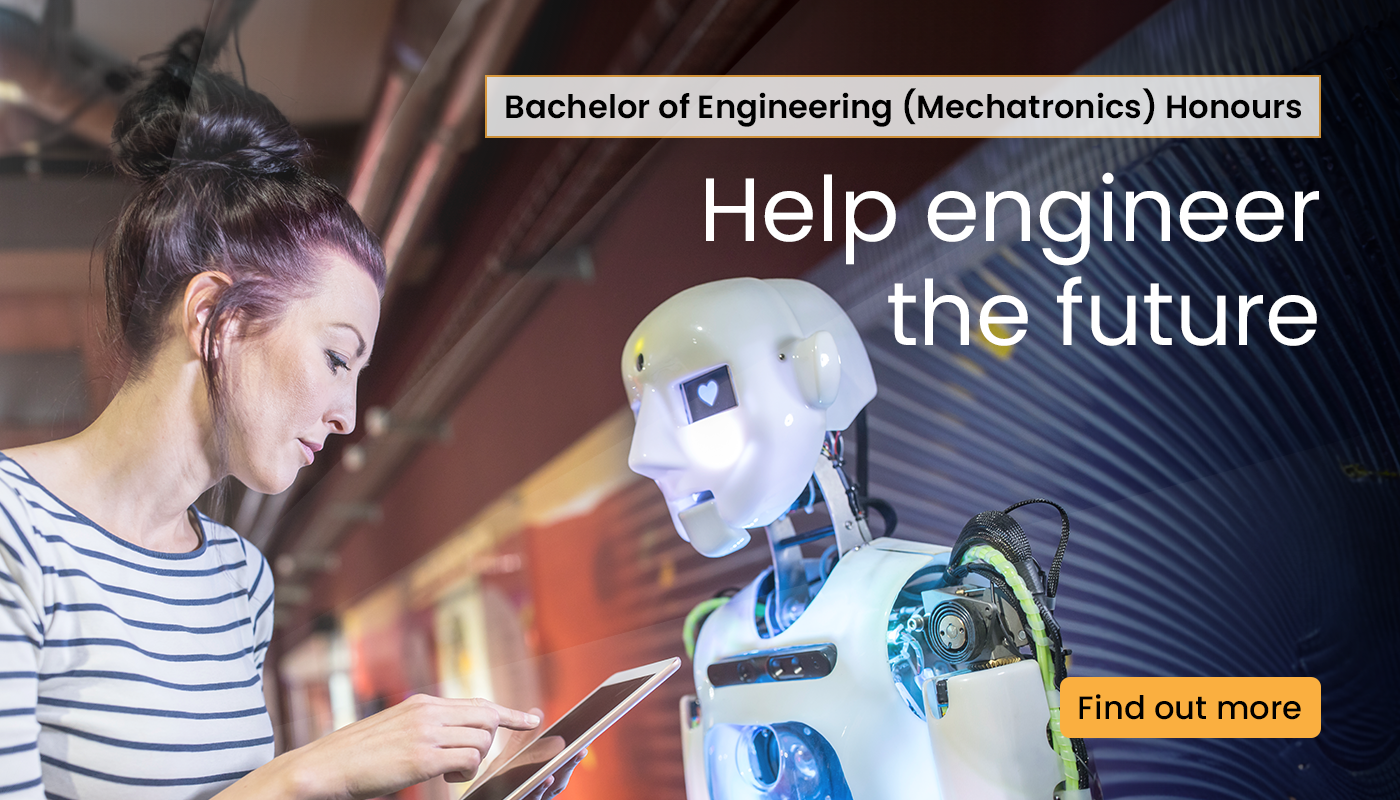A University of the Sunshine Coast researcher has used high-powered neutron beams to “see through” metal rivets to improve safety in car manufacturing.
Dr Rezwanul Haque received a national Young Scientist Award for his research using nuclear technology to find cracks and signs of stress in riveted joints in sheet metal in car bodies.
He worked with colleagues and neutron instruments at the Australian Nuclear Science and Technology Organisation (ANSTO) facility near Sydney.
“Neutron beams work similarly to x-rays but they can penetrate much, much deeper into dense matter such as steel, aluminum and lightweight alloy,” said the UniSC Senior Lecturer in Engineering.
“As manufacturing processes changed to reduce the weight of cars to reduce carbon emissions, we studied the strength and longevity of sheet metal components joined by self-piercing riveting, in car body panels made with a combination of aluminum, steel, plastic or composite.”
Dr Haque said a decade of collaborative research identified deficiencies that led to modifications in international manufacturing processes to increase component performance and safety.
He received the ANBUG Young Scientist Award 2024 at last night’s conference of the Australian and New Zealand neutron research community in Sydney, for outstanding research involving neutron science.
“The award highlights 12 years of my neutron beam work, with 15 publications and significant industrial impact, assisted by Federal Government grants worth almost $1million,” he said.
“Neutron beams are one of the world’s most powerful tools for the non-destructive testing of newly manufactured components.
“A current study underway at UniSC is examining soldering joints required for manufacturing electronics, such as smart phones.
“Lead-free soldering joints have developed due to environmental and health concerns. This project focuses on ensuring that these new alloys match the performance, reliability and flow of electrical current.”
Dr Haque, who has engineering degrees from universities in Melbourne, Italy and Bangladesh, is continuing his research with colleagues at UniSC and other institutions, while also teaching UniSC engineering students about manufacturing technology and mechanical design.
ANBUG is the Australian Neutron Beam Users Group. Dr Haque currently serves as a councillor with the Australian Institute of Nuclear Science and Engineering (AINSE).
He also received the prestigious AONSA Young Research Fellow in 2021. AONSA is an affiliation of neutron scattering societies and committees representing users in the Asia-Oceania Region.
Media enquiries: Please contact the Media Team media@usc.edu.au




